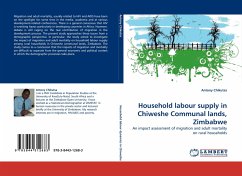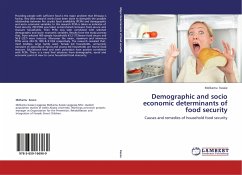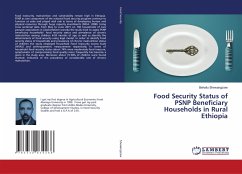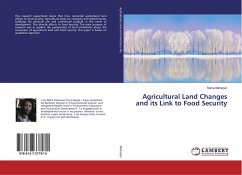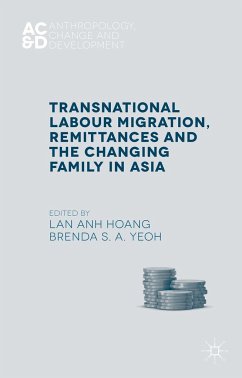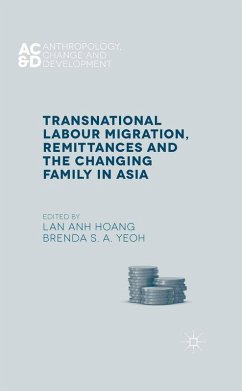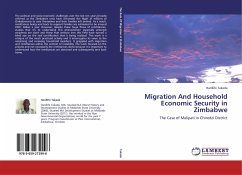
Migration And Household Economic Security in Zimbabwe
The Case of Malipati in Chiredzi District
Versandkostenfrei!
Versandfertig in 6-10 Tagen
32,99 €
inkl. MwSt.

PAYBACK Punkte
16 °P sammeln!
The political and socio-economic challenges over the last ten years broadly referred as the Zimbabwe crisis have witnessed the flight of millions of Zimbabweans to save themselves and their families left behind. As a result, remittances being sent back to support families are estimated to be around USD1 billion a year. However, despite these huge flows of remittances, studies that try to understand this phenomenon especially amongst recipients are scant and those that venture into this field have turned a blind eye on the real contribution that is being realized. This work is a critique of the...
The political and socio-economic challenges over the last ten years broadly referred as the Zimbabwe crisis have witnessed the flight of millions of Zimbabweans to save themselves and their families left behind. As a result, remittances being sent back to support families are estimated to be around USD1 billion a year. However, despite these huge flows of remittances, studies that try to understand this phenomenon especially amongst recipients are scant and those that venture into this field have turned a blind eye on the real contribution that is being realized. This work is a critique of the much practiced activity and it interrogates its value to the remaining and receiving household members. It grappled with migration and remittances within the context of instability. The work focused on the process and not necessarily the remittances alone because it is important to understand how the remittances are obtained and subsequently sent back home.



